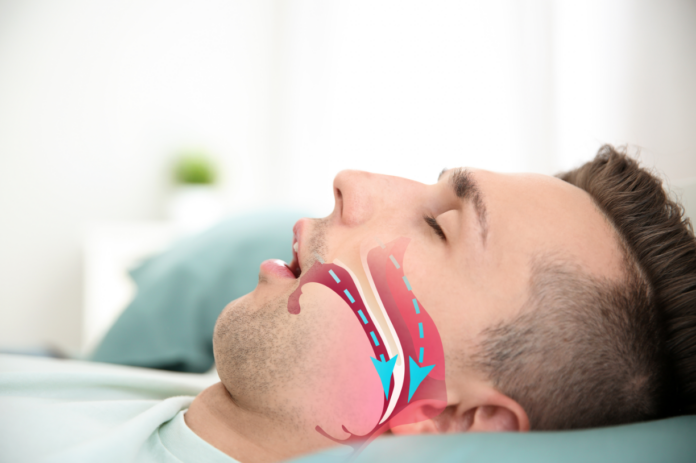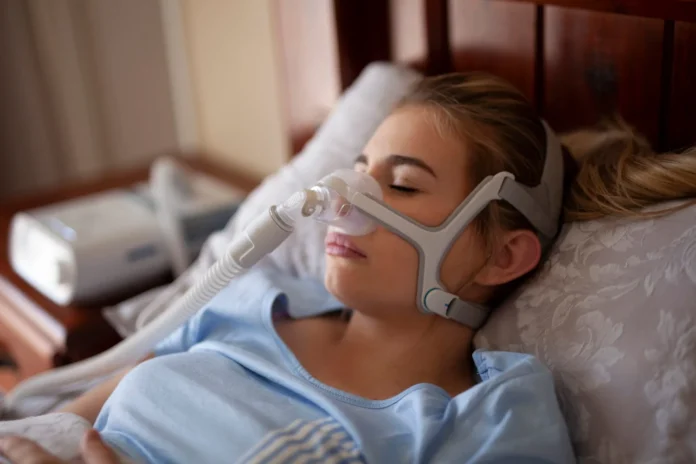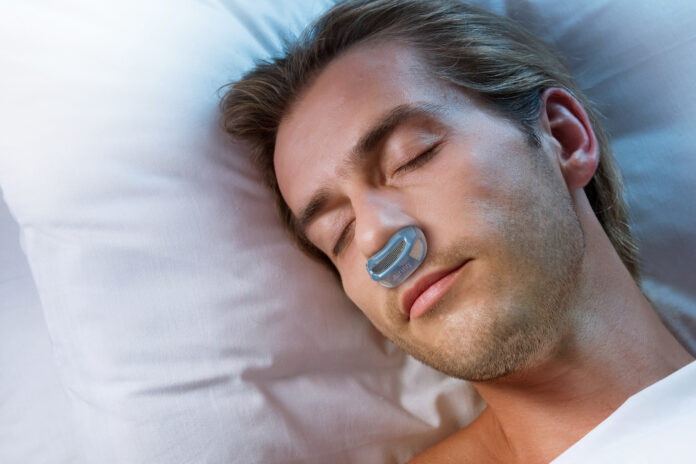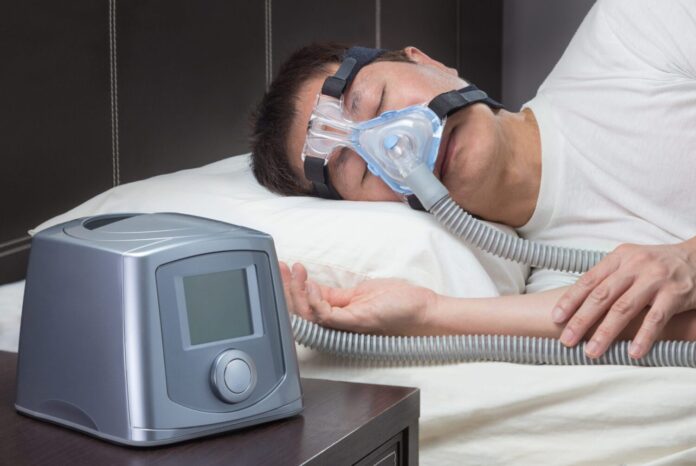If you suffer from sleep apnea, you know that using a CPAP machine is essential for getting a good night’s sleep. But did you know that CPAP machines can also be a breeding ground for bacteria and other pathogens?
In this blog by CleanCPAP, we’ll share some tips on how to avoid CPAP infections. Follow these simple tips, and you’ll be able to enjoy deep, restful sleep without worry.
What Is Sleep Apnea?
It is a suffering that causes people to stop breathing for short periods of time during sleep. It can happen several times an hour, and it often goes undetected. People with this condition often snore, but not everyone. Sleep apnea can cause serious health problems, including high blood pressure, heart disease, and stroke. Treatment usually involves using a machine that helps you breathe while you sleep.

How A CPAP Machine Can Help?
This machine helps to deliver air pressure to your lungs, keeping your airway open so that you can breathe properly during the night. Many people find that using a CPAP machine can help to improve their sleep quality and reduce daytime fatigue. In addition, CPAP therapy has been linked to a reduced risk of heart disease, stroke, and other health problems. If you are struggling with sleep apnea, talk to your doctor about whether CPAP therapy might be right for you.
Why To Clean Your CPAP Machine?
CPAP machines are a godsend for sleep apnea patients. They’re incredibly effective, but they do require some maintenance on your part. The most important thing is to clean your CPAP machine regularly. Otherwise, you run the risk of bacteria and mold buildup, which can lead to health problems. A dirty or clogged filter can reduce the effectiveness of the machine and make it more difficult to breathe.
Tips To Avoid CPAP Infections:

Here are some of them:
Clean Your CPAP Machine Regularly
If you have sleep apnea, you probably already know that using a CPAP machine is essential for getting a good night’s sleep. But what you may not know is that it’s just as important to clean your CPAP machine on a regular basis. According to the manufacturer’s instructions, you should disassemble the machine and clean all of the parts with soap and water at least once a week. This will help to remove any build-up of dust and other particles that can eventually lead to problems with the machine.
Use A CPAP Cleaner
One way to do CPAP machine cleaning is to use a clean CPAP cleaner. There are a few different types of cleaners on the market, but they all work in essentially the same way. You just add water and a cleaning solution to the reservoir, and then run the machine for a few minutes. The water and cleaning solution will loosen and remove any buildup on the machine, leaving it clean and bacteria-free.
By taking these simple steps, you can help keep your CPAP machine clean and free of harmful bacteria.
Use Distilled Water To Fill The Humidifier Chamber
You know that it’s important to keep the humidifier chamber clean. One way to reduce bacteria and mold growth is to use distilled water instead of tap water. Distilled water has been treated to remove impurities, which can help reduce the risk of infection.
In addition, distilled water is less likely to harbor bacteria and mold spores. As a result, using distilled water in your CPAP humidifier can help you breathe easier and sleep better.
Keep Your CPAP Mask And Tubing Clean
It’s just as important to keep your CPAP mask and tubing clean. Washing them in warm, soapy water at least once a week will help to remove any build-up of oil, dirt, or other debris. If you’re using a reusable filter, be sure to clean that as well.
A clean CPAP mask and tubing will help to ensure that you’re breathing clean air, and it will also help to prolong the life of your equipment. So take a few minutes each week to give your CPAP mask and tubing a good cleaning – your body will thank you for it!
Replace Your CPAP Filters
Most people who use CPAP machines will need to replace their filters every month. However, some people may need to replace their filters more frequently if they live in an area with a lot of dust or other airborne particles. Filters help to keep the CPAP machine clean and free of debris, which can prolong the life of the machine and improve its performance.
Replacing it on a regular basis is an important part of keeping your machine in good working condition. If you’re not sure how often to replace your filter, check with your doctor or the manufacturer of your CPAP machine.
Replace Water In CPAP Daily
Many sleep apnea patients use these machines to help them breathe at night. While these machines are generally safe, it is important to change the water in the reservoir daily to avoid infections. If the water is not changed, it can become a breeding ground for bacteria and other organisms.
These can then be breathed in by the user, leading to respiratory infections. In addition, the water can become stale and start to smell bad. While changing the water daily may seem like a hassle, it is a small price to pay for avoiding infections.

Avoid Sharing Your CPAP Machine With Others
While they are generally very effective, it’s important to remember that they are personal devices that should not be shared with others. Sharing a CPAP machine can increase the risk of infection and transmission of disease.
In addition, each person has unique settings on their CPAP machine that may not be suitable for someone else. For these reasons, it’s best to keep your CPAP machine to yourself. If someone in your household also has sleep apnea, be sure to purchase an additional machine so that there is no need to share. By taking these simple precautions, you can help keep yourself and others safe.
These are just a few tips to help you avoid CPAP infections. By following these simple guidelines, you can enjoy deep, restful sleep without worry. If you have any questions about CPAP care or cleaning, be sure to talk to your doctor or the manufacturer of your CPAP machine.









